Reuters reported yesterday (October 27) that Tehran said that Israel's airstrike on Iranian military facilities the day before "caused only limited damage."
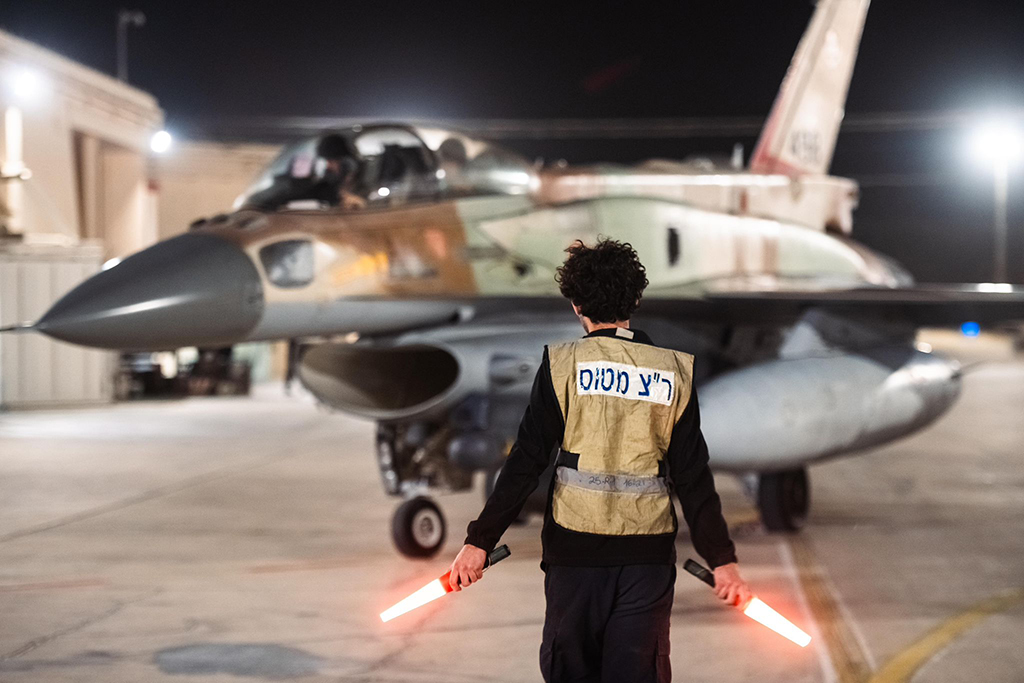
Israeli fighter jets prepare to attack Iran on October 26
Fears of rising tensions
Iranian Vice President Mohammad Reza Aref condemned the Israeli attack, saying that any "aggressor" must "wait for a response" corresponding to its actions, which will come at the appropriate time. However, while reserving the possibility of "retaliation" because of its "right and duty to defend against such external aggression," Iran also pledged its "responsibility for regional peace and stability."
Iran's Supreme Leader: Don't Downplay or Exaggerate Israeli Airstrikes
Meanwhile, in response to the attack, a senior US administration official called for a de-escalation and said that Tel Aviv's October 26 response should be "an end to the military exchange between Iran and Israel." At the same time, this official also warned: "If Iran chooses to respond again, we will be ready, and Iran will again face the consequences."
Regarding the attack, the Wall Street Journal quoted a number of informed sources as saying that Iran had received a few hours' notice before Israel carried out the attack. Tel Aviv itself had informed several Arab and European countries in advance about the target of the attack. However, Tel Aviv warned that if Tehran planned to retaliate, Israel's next attacks would be stronger. Before Iran attacked Israel on October 1, the US also seemed to have received an early warning to send to Israel. These can be seen as signs that the parties do not want tensions to rise, which could easily lead to a loss of control.
However, the tit-for-tat exchange between Iran and Israel over the past six months, with each side launching two direct attacks on the other’s territory, shows that tensions are increasingly difficult to resolve. Over the years, although tensions between Iran and Israel have persisted, most of the conflicts have been proxy conflicts, rather than direct attacks on each other’s territory.
Therefore, what is happening shows that in essence the conflict in the Middle East continues to escalate and become more unpredictable.
Iran's calculations
Responding to Thanh Nien yesterday (October 27), US defense intelligence expert Carl O. Schuster assessed: "The situation has become more tense, but Iran will be careful if it retaliates against Israel. The Hezbollah force (Lebanon), which is close to Iran, has suffered heavy losses recently. Similarly, the Hamas force in Gaza has also been deeply depleted by Israeli attacks. Therefore, these forces must hesitate if they want to conduct major battles for fear of a devastating response from Israel."
"Currently, Iran probably needs to wait for the results of the US presidential election. Tehran does not want to make any moves at the time of the US election because Israel can take advantage of the pivotal moment in Washington to not hesitate to react strongly. Therefore, within the next 2 weeks, Tehran may not make any moves. After that, Iran may attack an Israeli military facility - which plays an important role in the campaigns against Hezbollah. With this scenario, Iran's goal is to demonstrate to Hezbollah and other friendly forces its readiness to support," expert Schuster further analyzed.
Predicting the scale of retaliation that Tehran could carry out, the expert assessed: "It is difficult for Iran to carry out a large-scale attack (launching 400 or more ballistic missiles), because it is likely that most of them will be intercepted by Israel without causing too much damage, on the contrary, it may cause Tel Aviv to respond uncompromisingly to "high-value" targets such as Iran's nuclear research facilities or missile factories."
WHO warns of catastrophic situation in Gaza
World Health Organization (WHO) Director-General Tedros Adhanom Ghebreyesus warned on October 26 about the dire situation in the northern Gaza Strip amid ongoing military operations around and inside health care facilities in the area.
On social media X, Mr Ghebreyesus said severe shortages of medical supplies and limited access to hospitals due to the conflict were preventing people from receiving treatment. He also called for an “immediate and unconditional ceasefire” as the only way to save Gaza’s crumbling health system.
Tri Do
Source: https://thanhnien.vn/iran-israel-an-mieng-tra-mieng-trung-dong-them-kho-luong-185241027232344931.htm










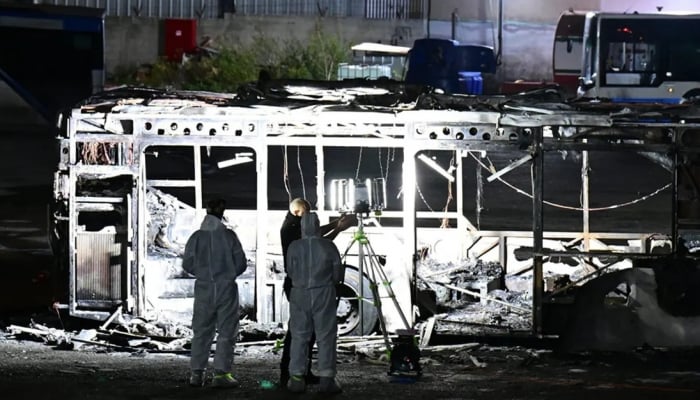
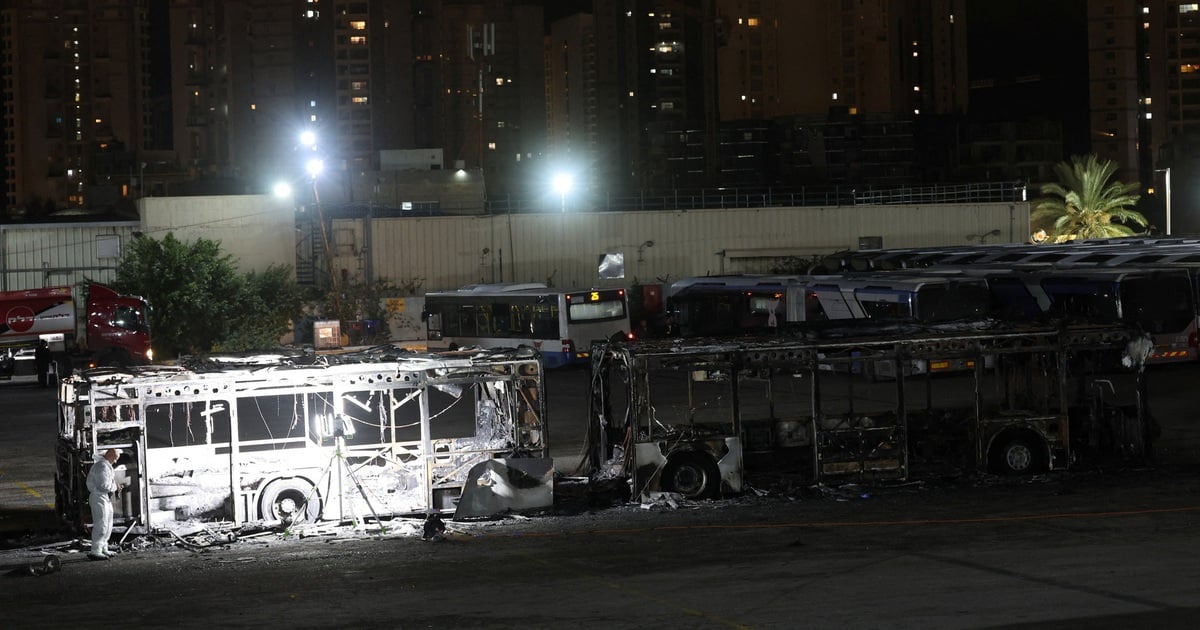
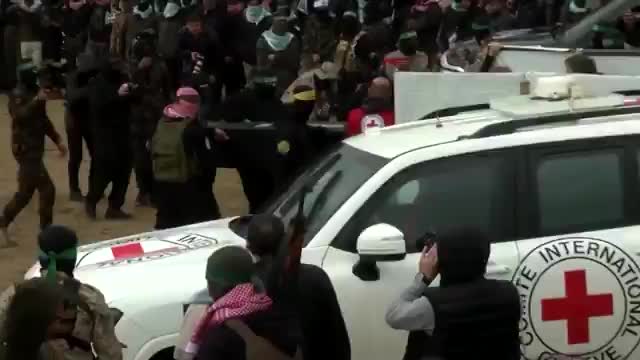
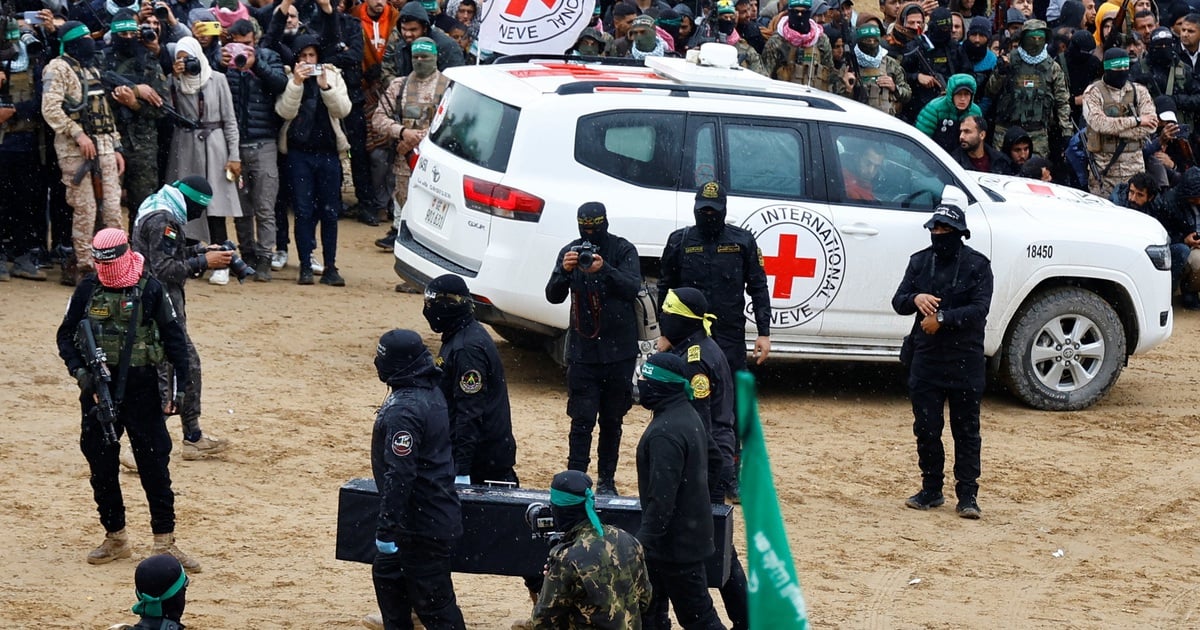



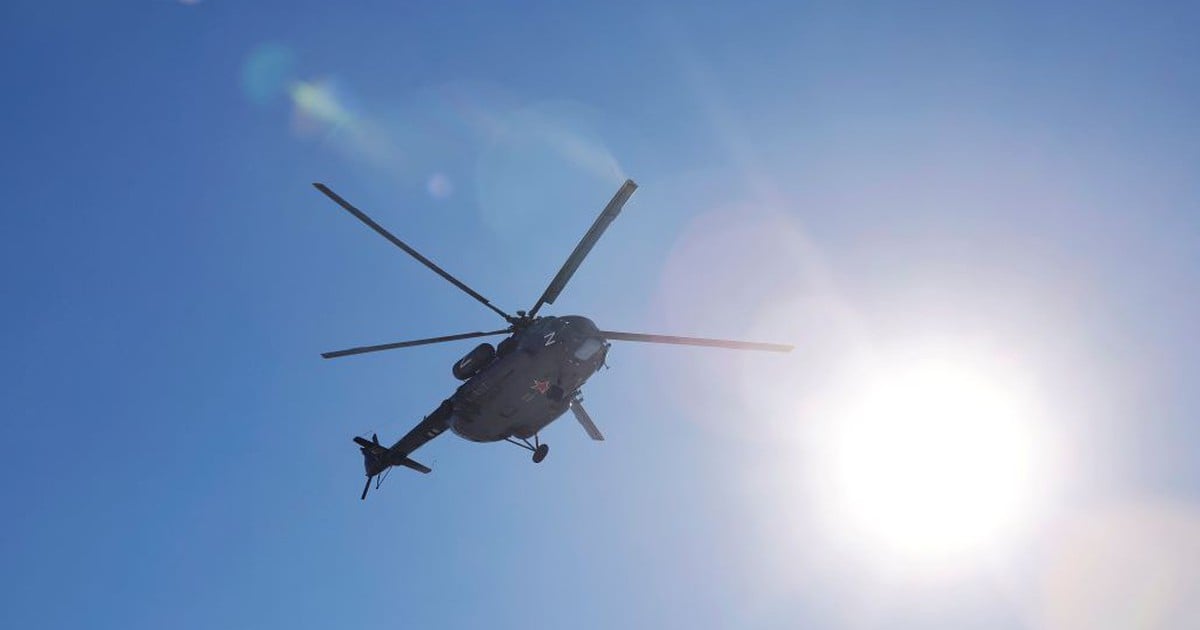
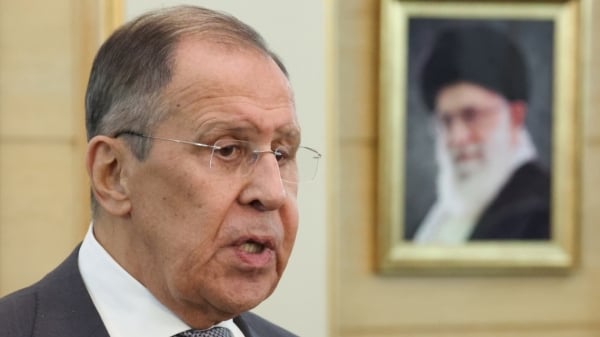
















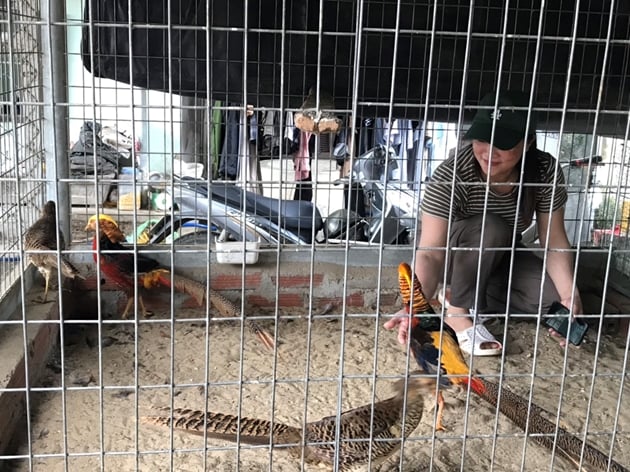



Comment (0)